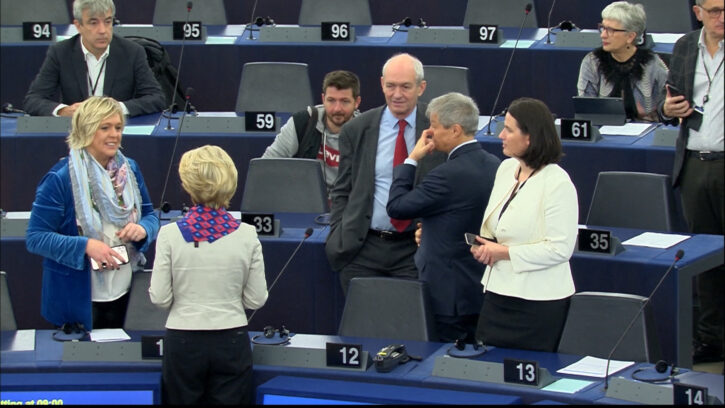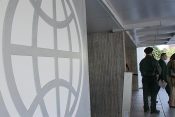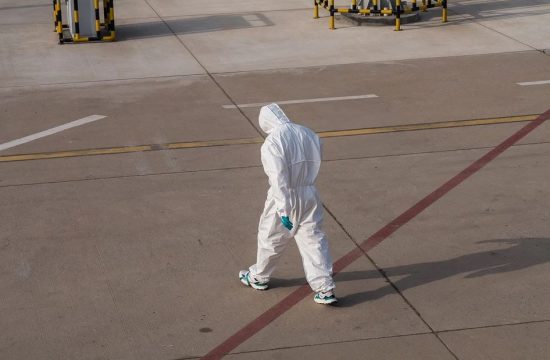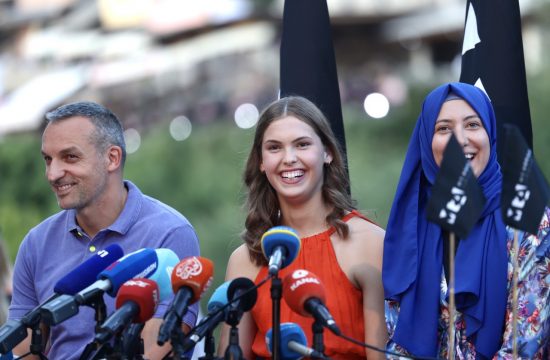
The European Commission has in December 2019 launched a new economic policy, the ‘European Green Deal,’ and will try to find ways to include the Western Balkans, a region that has experienced extreme episodes of air pollution this winter.
According to the European Council on Foreign Relations (ECFR), the fulfilment of the policy would “take Europe to climate neutrality by 2050, and see European Union economies produce net-zero CO2-equivalent emissions by that date.”
“The Commission pledged to investigate how to raise the EU’s 2030 reduction target to at least 50 percent, and even try to get close to 55 percent. The current target is 40 percent,” the ECFR said.
Bosnian cities have often found themselves among the most polluted in the world this year, sometimes even topping the list. Air pollution is an issue plaguing Bosnia each year and authorities never found a way to effectively tackle it.
The EU is struggling with the same problem and “must deploy a wide range of conventional, tested, radical, and disruptive economic and political solutions” to reach the goals of the European Green Deal, such as “rapid implementation of technological innovation, increases in research and development (R&D) funding, redefining public financial institutions’ strategy, and integrating electricity markets.”
The efforts should, according to the ECFR, modernise the European industry, create new high-quality jobs and boost Europe’s R&D and innovation record.
“All this will inevitably affect the Western Balkans countries of Albania, Bosnia-Herzegovina, Kosovo, Montenegro, North Macedonia, and Serbia,” it said.
“But bringing about true transformational change should also mean involving these countries as much as possible in these ambitions. Such mutual interest can offer good grounds for a deal between them and the EU, one that is fully inclusive of the Western Balkans countries,” it added.
The project would involve all sectors, including the energy sector, all types of transport, the agriculture industry, heating in private and public buildings, as well as the protection of biological diversity, the use of secondary raw materials, management of home and industrial waste as well as changes in the education sector, European policy expert Zekerijah Smajic told N1.
“To achieve this, the Western Balkans countries themselves should come together to form a government negotiating group,” the ECFR said, suggesting that an international technical assistance team should be put together, one that would help negotiators evaluate the clean economy assets of the region and identify the most economically beneficial paths towards rapid greenhouse gas reduction.
Europe’s Green Deal can not function without the Western Balkans taking part in the process, Slovenian EP member Irena Joveva said, adding that Croatia is expected to help Bosnia and Herzegovina in resolving its problem with air pollution.
Bosnia would also gain access to funds to implement the deal should the country adopt it.
“Investments could be a matter of agreement for the Western Balkans, as those are more than necessary in order to prevent further social impoverishment of already impoverished countries, such as those in the Western Balkans,” she argued.






